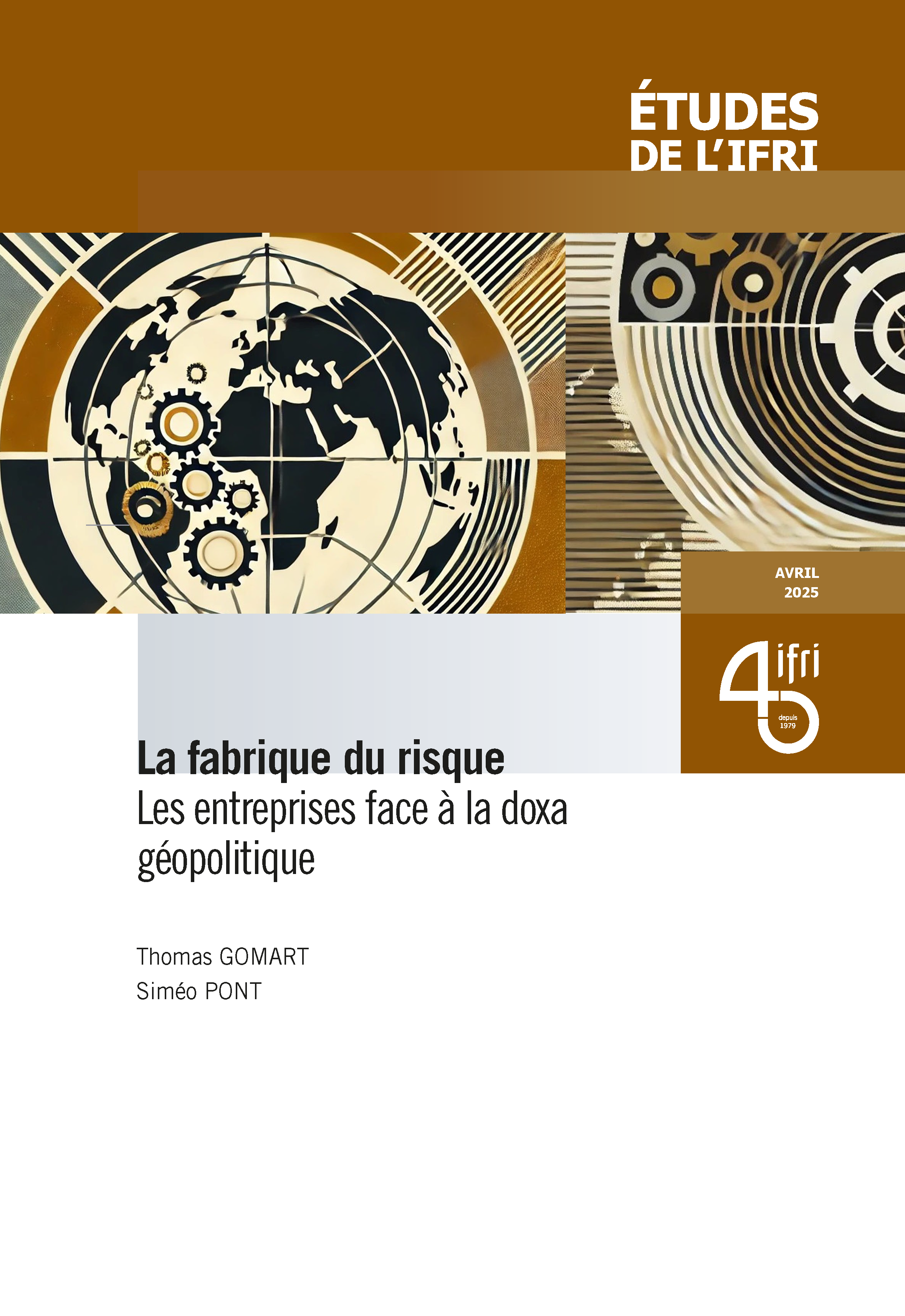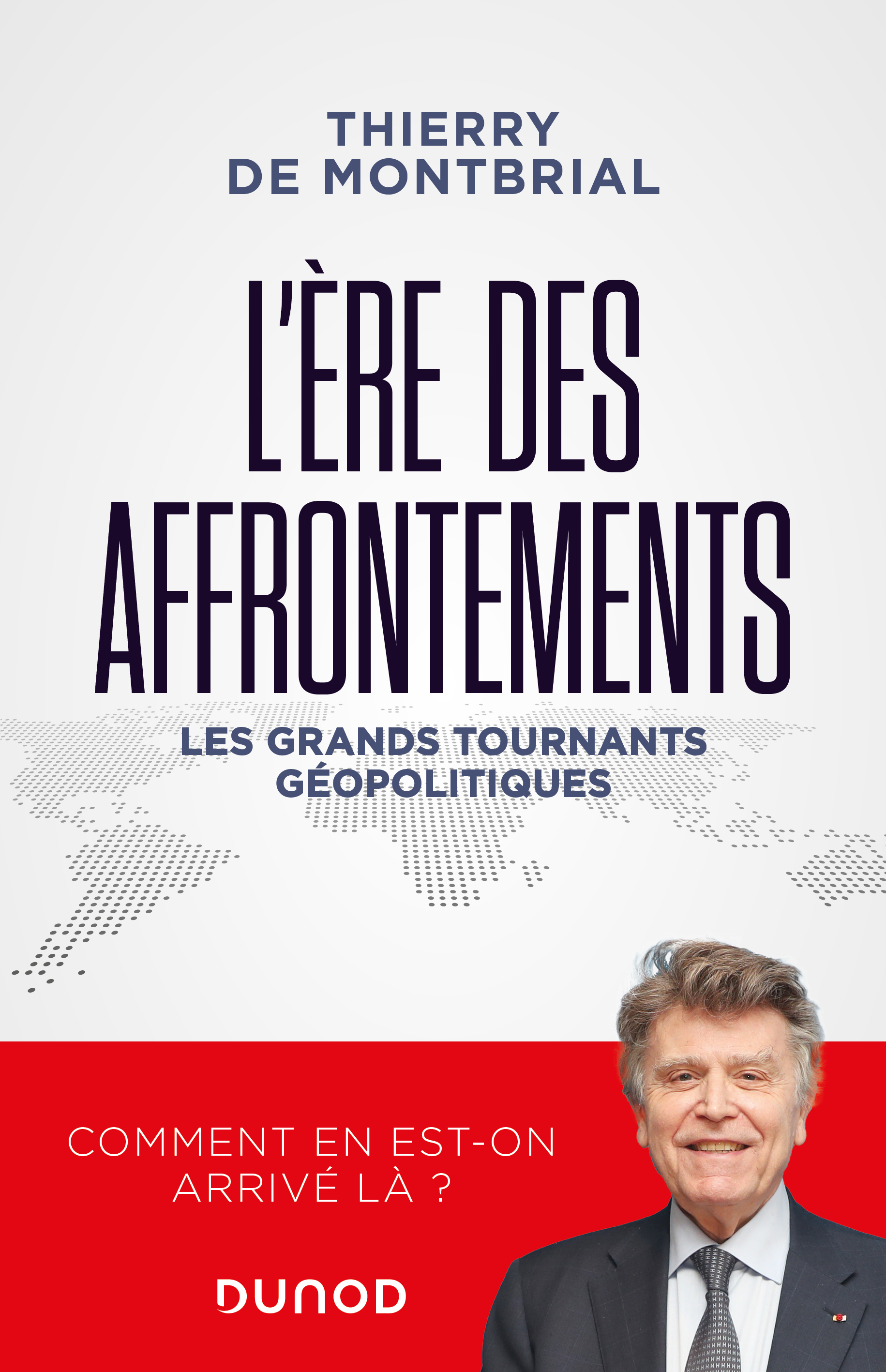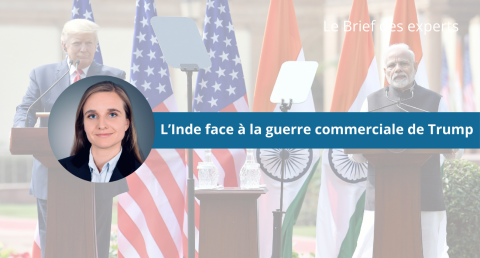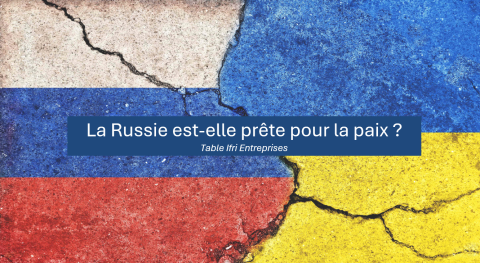4344 publications
China’s Emerging Middle Class: What Political Impact?
Cette étude considère, contrairement à ce qui est souvent avancé, que la majorité de la classe moyenne chinoise est politiquement conservative. Il n’est ainsi pas certain qu’elle contestera l’ordre politique actuel autant qu’attendu, pour plusieurs raisons, et notamment à cause des liens forts entre le Parti communiste chinois et le service public, au sens large.
East-Mediterranean Gas potential: Opportunities and Barriers
La Méditerranée Orientale a fait son apparition sur la carte des grandes régions gazières avec la découverte du gisement de Tamar en 2009. Bien que le volume de gaz découvert n'en fasse pas un "game changer" au niveau mondial, les ressources potentielles pourraient malgré tout booster les économies des pays concernés et fournir à l'Union Européenne un volume de gaz respectable - une opportunité attirante compte tenu des relations actuelles avec la Russie. Cette découverte aurait aussi le potentiel de promouvoir la stabilité régionale grâce à une coopération économique accrue.
The Nexus Between the Conflicts in the Mideast and Ukraine
"Two simultaneous conflicts in Europe and the Middle East have brought the international order into flux. Russia’s annexation of Crimea and destabilization of eastern Ukraine have deeply undermined European security. Meanwhile, the self-declared Islamic State’s proclamation of a caliphate in western Iraq and eastern Syria has unsettled the Middle East. While it may be tempting for foreign policymakers to consider "Syraq" and "Rukraine" as unrelated crises, the tensions in Eastern Europe have strong implications for the situation in the Middle East, and vice versa. Indeed one of the greatest challenges to global governance is the combination of an assertive and declining Russia, and a disintegrating Middle East."
Read more
|
The Council of Councils is a CFR initiative connecting leading foreign policy institutes from around the world in a common conversation on issues of global governance and multilateral cooperation. The Council of Councils draws on the best thinking from around the world to find common ground on shared threats, build support for innovative ideas, and introduce remedies into the public debate and policymaking processes of member countries. The membership of the Council of Councils includes leading institutions from twenty-five countries, roughly tracking the composition of the Group of Twenty (G20). The network facilitates candid, not-for-attribution dialogue and consensus building among influential opinion leaders from established and emerging nations. A list of member organizations is available on the Council of Councils roster page. |
The New Dimensions of Geopolitics
Publié par Cligendael International Energy Program (CIEP) et l'Institut français des relations internationales (Ifri)
Local Content Strategies in the Oil and Gas Sector: How to Maximise Benefits to Host Communities
Publié par l'Institut francais des relations internationales (Ifri)
Is Natural Gas Green Enough for the Environment and Energy Policies?
Publié par Clingendael International Energy Program (CIEP) et l'Institut français des relations internationales (Ifri)
International Law and the Use of Maritime Hydrocarbon Resources
Published by Clingendael International Energy Program (CIEP)
Russie : de la « grande stratégie » à la « guerre limitée »
Au service d’une « grande stratégie », Moscou dispose d’abord de l’arme énergétique : mais l’effondrement des cours du pétrole et le conflit avec l’Ukraine la relativisent fortement. La dimension militaire, traditionnelle, est aujourd’hui limitée à la capacité de mener de « petites guerres » localisées. Reste la volonté d’ériger la Russie en puissance de valeurs contestant la primauté occidentale. Moscou joue ses cartes, mais il s’agit des cartes d’une puissance faible.








